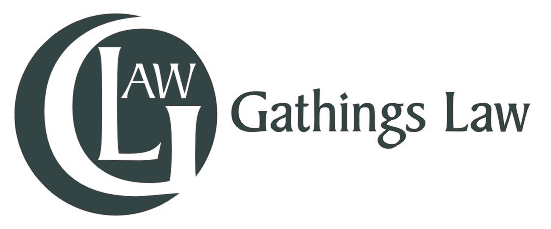Companies that own—and often also operate—income-generating real estate are known as Real Estate Investment Trusts (“REITs”). REITs can own and operate numerous types of real estate such as office buildings, apartment buildings, hospitals, hotels, shopping malls, and more. REITs are modeled after mutual funds and pool the capital of several investors to make it possible for individual investors to earn dividends without having to buy, manage, or finance any of the real estate properties themselves. However, REITs have evolved more conflicts of interest than the mutual funds they are modeled after.
Before getting into problems with non-traded REITs, it is helpful to look at what is required to qualify as a REIT. Just because a company owns and operates real estate does not necessarily make it a REIT though. The company must meet the following requirements:
| Income Test | At least 75% of gross income is derived from real estate (e.g., rents, mortgages), 95% from real estate or passive income (dividends and interest). |
| Asset Test | At least 75% in real estate assets, cash, and government securities; no more than 25% in non-qualifying securities or stock or a taxable REIT subsidiary. Except for taxable REIT subsidiaries, a REIT may own no more than 10% of the securities of a single issuer. No more than 5% of a REIT’s assets may be the securities of a single issuer. |
| Distribution Requirements | Must distribute at least 90% of taxable income to shareholders; distributions are deductible from the corporate tax base. |
| Shareholder Restrictions | At least 100 shareholders; no more than 50% of shares owned by five or fewer shareholders. Shares must be transferable. Institutional investors are treated as multiple shareholders representing beneficiaries. |
| Corporate Restrictions | Must be taxable as a domestic corporation but for REIT status; foreign corporations cannot be REITs. |
| Tax Treatment of Shareholders | Shareholders taxed at ordinary rates on dividends and capital gains rates on distributions representing capital gains. Tax-exempt shareholders are not subject to the unrelated business income tax. |
26 U.S.C. §§ 856-860.
Non-traded REITs are designed to mitigate or completely eliminate tax while still providing the investor with returns. The fees can be high, ranging anywhere from 5% to 20%. Early on, investors may not know the types of properties, and initial acquisitions may be done through blind pools where investors do not know the specific properties being added. Further, non-traded REITs may remain illiquid for quite some time, leaving investors with almost no ability to redeem or sell their shares—there is no real secondary market for minority shares. However, non-traded REITs continue to pay advisors and property managers and often investors must continue to pay these fees that are associated with their investment until there is a “liquidity event.” These liquidity events are often mergers or listings.
Non-traded REITs are also rife with conflicts of interest. Often, non-traded REITs enter transactions with sponsor affiliated parties. This conflict of interest can have a significant impact on investment performance. For example, there is a conflict of interest when a non-traded REIT uses advisors and portfolio managers that are affiliated with the same parties that also own the REIT sponsor. REITs compensate these advisors and portfolio managers through fees that the investors pay. Sponsors selecting their affiliates to be advisors and portfolio managers and deciding the compensation for the same is a clear conflict of interest. The advisors and portfolio managers should be selected based on their performance and expertise, and their compensation should be done at arms’ length.
If you have invested in a non-traded REIT, you may have a claim. Contact us for your free consultation.
Kim Massey
Associate at Gathings Law
